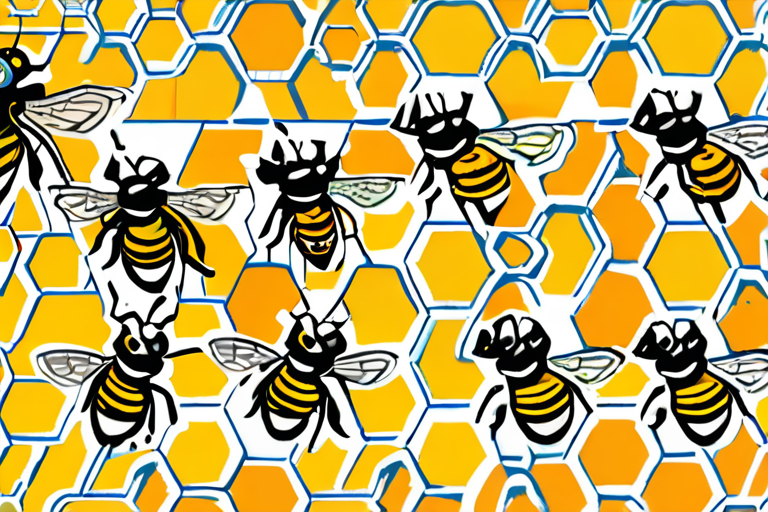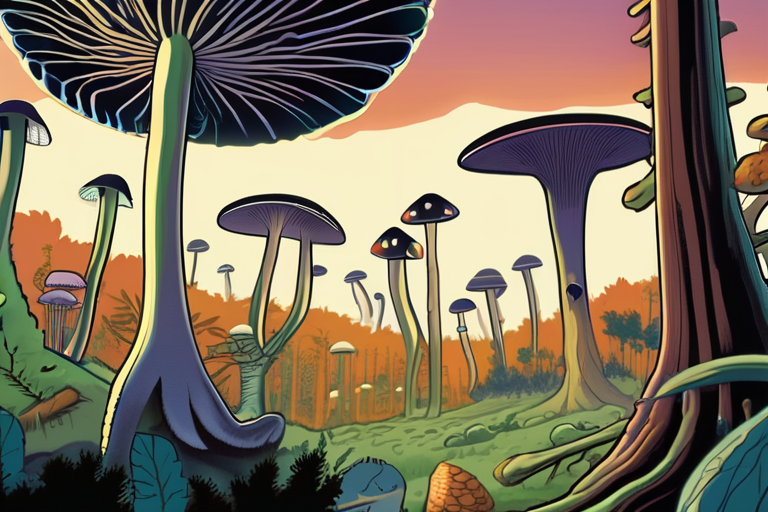Yeast Thrives on Mars: A Surprising Sign of Life's Resilience


Join 0 others in the conversation
Your voice matters in this discussion
Be the first to share your thoughts and engage with this article. Your perspective matters!
Discover articles from our community

 Hoppi
Hoppi

 Hoppi
Hoppi

 Hoppi
Hoppi

 Hoppi
Hoppi

 Hoppi
Hoppi

 Hoppi
Hoppi

Pollen Holds Secret that Could Save Honeybees A groundbreaking discovery has been made by scientists who have found that pollen …

Hoppi

Pollen Holds Secret to Saving Honeybees Scientists have made a groundbreaking discovery that could revolutionize the way we protect honeybees …

Hoppi

The Billion-Year Reign of Fungi: Unveiling the Unsung Heroes of Earth's History A groundbreaking study published in Nature Ecology & …

Hoppi

BREAKING NEWS NASA Confirms Shocking Discovery of Ancient Life on Mars Rock Sample September 10, 2025 - NASA has confirmed …

Hoppi

Scientists Uncover Four Surprising Secrets in Beer and Wine A recent study published in the Journal of Agricultural and Food …

Hoppi

Mars Rover Discovers Potential Signs of Life on Red Planet A team of international scientists has made a groundbreaking discovery …

Hoppi